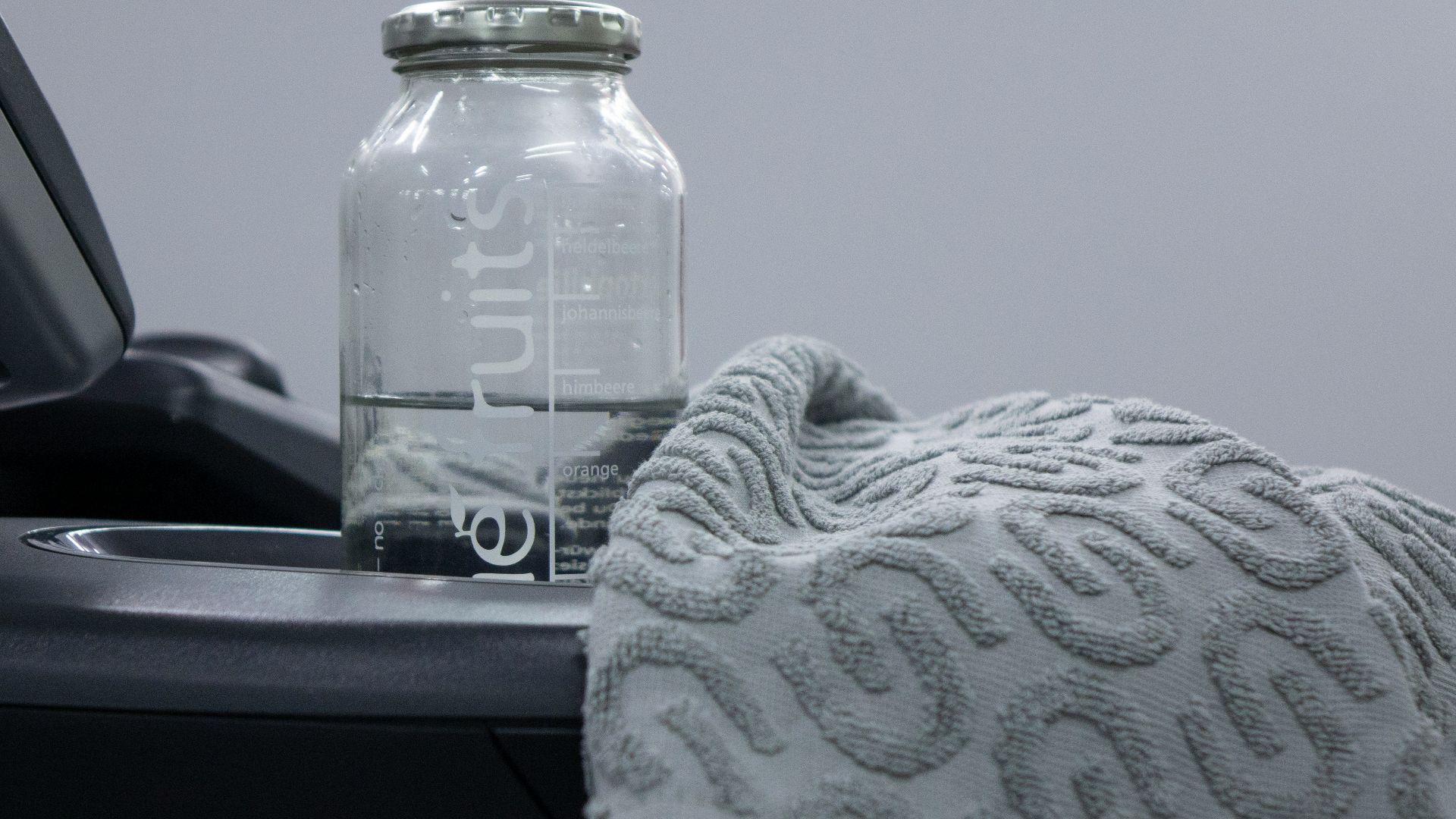Your Bedtime Diet Matters
What you eat before bed influences how you sleep and can shape the very quality of your night. While some foods disrupt rest with hidden sugars or acidic ingredients, others work in harmony with your body’s rhythms and encourage relaxation and deeper sleep. As you read on, we’ll not only reveal the trouble foods but also show you smart swaps that can make a difference. Let’s start with foods you shouldn't eat before sleeping.
1. Ice Cream
High levels of sugar found in ice cream can spike insulin and lead to nighttime awakenings. Also, its saturated fat content slows digestion, making it harder to fall asleep. The sugar crash one gets from taking it can even trigger nightmares and restlessness.
2. Pizza
The combination of fat, cheese, and acidic tomato sauce in pizza increases the risk of acid reflux. Sleep cycles may be disrupted because heavy saturated fats slow stomach emptying. You may also sweat at night, as greasy toppings can raise body temperature.
3. Spicy Tacos
Spices like capsaicin raise your core body temperature, which suppresses REM sleep. Eating them can also irritate the stomach lining and trigger nighttime heartburn. Note that ScienceDirect studies link spicy foods to increased sleep latency (time to fall asleep).
4. Chocolate
Chocolate naturally contains caffeine and theobromine, both stimulants that delay sleep onset, and dark chocolate can have more caffeine than a cola can. Some chocolates have sugar levels equivalent to cake slices, and the sugar-caffeine combo makes it easy to lie awake despite feeling tired.
5. French Fries
They are high in fat and salt, which delay digestion and increase overnight thirst. Excess sodium also causes dehydration-related sleep disturbances, and frying in oils often adds acrylamides, a chemical linked to restlessness. You may even experience bloating and gas.
6. Celery
Acting as a natural diuretic, celery increases the likelihood of nighttime bathroom trips. Its high water content (over 95%) leads to more urine production than most vegetables. Despite being healthy, it disrupts sleep architecture by interrupting deep sleep phases.
7. Soda
Regular and diet sodas alike contain caffeine that can last in your system for hours. While the sugar in regular sodas causes blood sugar spikes, artificial sweeteners may confuse brain chemistry. Plus, carbonation can introduce bloating and discomfort that prevent sleep.
8. Energy Drinks
Containing taurine and guarana, energy drinks stimulate the nervous system and delay melatonin release. Some of them pack over 200 mg of caffeine—more than two cups of coffee—and the sugar-caffeine combo triggers a short burst of energy followed by a crash.
9. Cheeseburgers
Being loaded with saturated fats that require hours to digest means that cheeseburgers will keep your body “working” overnight. The meat, cheese, and bun combo also leads to spikes in insulin and body temperature. It can even worsen sleep apnea symptoms due to weight gain and reflux.
10. Orange Juice
The highly acidic orange juice can trigger heartburn and acid reflux when lying down. It contains natural sugars that cause insulin spikes and dips, disrupting sleep cycles. Drinking it late may even lead to weird dreams and midnight awakenings.
These meals aside, there are several meals that are great for before-bed consumption. Here are some of them.
1. Kiwi
Kiwi is rich in antioxidants and serotonin, and they both have been shown to improve sleep onset, duration, and efficiency. Folate and vitamin C are found here too, and they may support neurotransmitter function involved in regulating sleep. Despite being sweet, it doesn’t cause a sugar crash.
2. Chamomile Tea
Apigenin binds to brain receptors and acts as a mild sedative, and it's found in Chamomile. Drinking it warm creates a calming bedtime ritual that signals your body to wind down. Also, it’s often used as a natural remedy for anxiety, which affects sleep.
3. Almonds
These are a natural source of magnesium, a mineral that helps reduce cortisol levels and promote muscle relaxation. Just a small handful provides around 20% of your daily magnesium needs. Almonds contain melatonin, which directly supports your body’s sleep-wake cycle, too.
4. Turkey
Thanksgiving food comas aren’t a myth, and tryptophan is partly responsible. Tryptophan is an amino acid that promotes melatonin and serotonin production, and turkey is high in it. It’s also rich in selenium, a mineral linked to improved sleep quality.
5. Oatmeal
Oats are complex carbohydrates that help tryptophan cross the blood-brain barrier more effectively. They contain melatonin and magnesium, hence they are a naturally sleep-supportive food. Plus, warm oatmeal increases serotonin, which promotes calmness and relaxation.
6. Bananas
You get potassium and magnesium, which relax muscles and reduce nighttime cramping, from bananas. Their natural sweetness is an added advantage, as it can curb dessert cravings without the sugar spike. By promoting the production of serotonin, bananas ease you into restful sleep.
7. Tart Cherry Juice
Melatonin, which regulates sleep cycles, has a few natural sources, and tart cherries are one of them. Drinking tart cherry juice twice daily has been shown to increase total sleep time. The juice can increase sleep efficiency by reducing the time spent awake in bed.
8. Walnuts
The melatonin and healthy fats in walnuts support the production of sleep-inducing hormones. Also, the omega-3 fatty acids they provide help reduce nighttime anxiety and inflammation. A small handful is enough to boost serotonin levels thanks to their tryptophan content.
9. Greek Yogurt
Greek yogurt is packed with calcium, which helps the brain use tryptophan to create melatonin. Its high protein content regulates hunger hormones and prevents late-night snacking. Choose plain, unsweetened versions to avoid sugar disruptions, and add berries or flaxseed to make it a sleep-optimized snack.
10. Cottage Cheese
High in casein protein, cottage cheese helps build and repair muscle while keeping you full overnight. Tryptophan, which it contains, supports the body’s natural melatonin production. Paired with fruit, it balances blood sugar and curbs nighttime cravings.




























